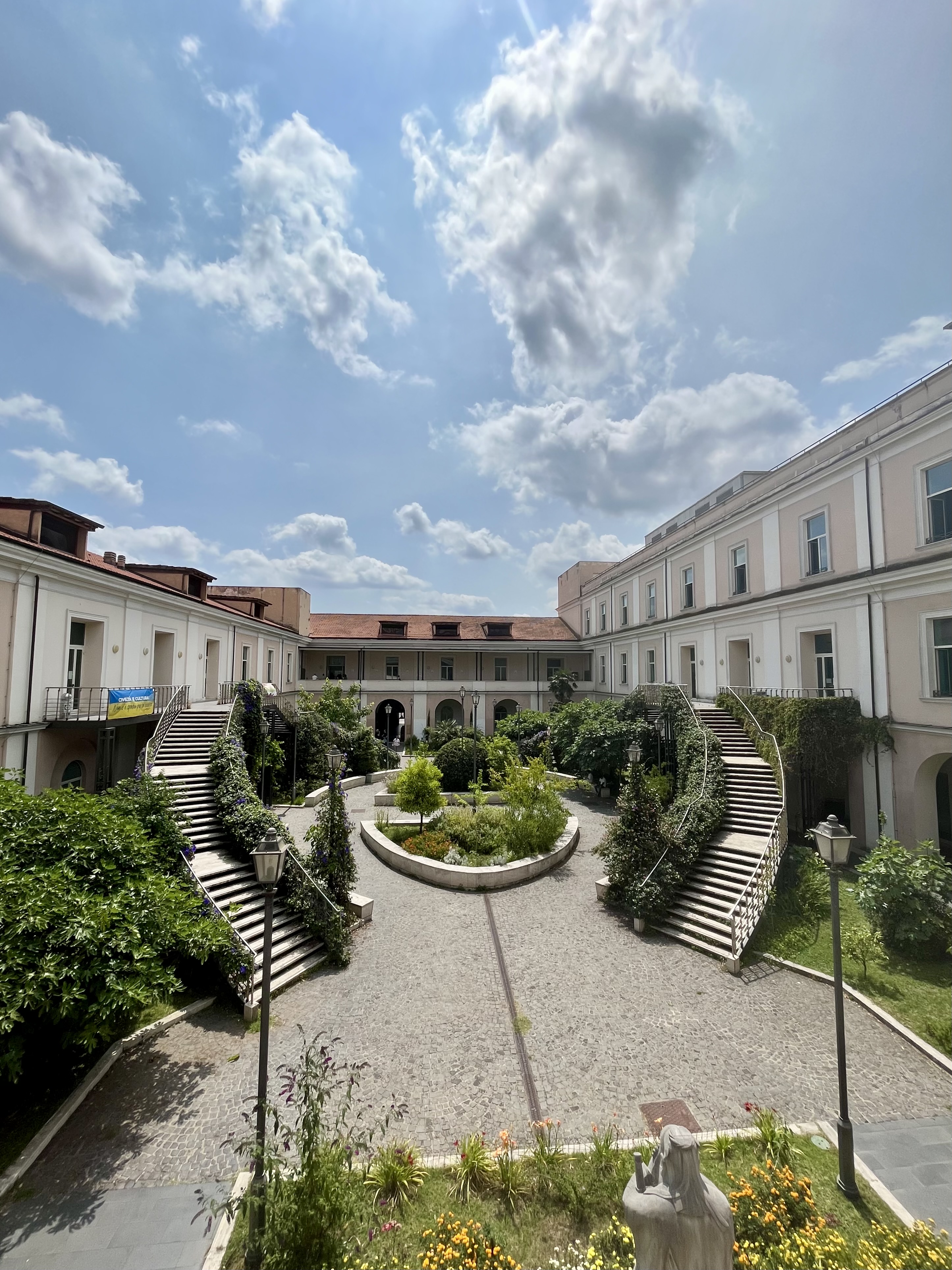
What if there were a national meeting where Ph.D. candidates could share their projects with one another and discuss them with a community of professors?
Well, it already exists!
This year, the XIX National Seminar organized by the Italian Society of Didactic Research (SIRD) will take place from June 3rd to 5th in Rome. The event is dedicated to 2nd and 3rd-year Ph.D. students conducting research within Italian universities. It represents a significant opportunity to engage in high-level academic discussions, gain critical insights, and refine one’s research trajectory within a stimulating and supportive environment. Beyond its academic relevance, this seminar is a valuable experience from multiple perspectives. It serves as an initial challenge to structure and present one’s ideas, organizing references and key arguments while receiving feedback from a community of experts who are deeply invested in the field. This is an essential exercise for any researcher, as it pushes participants to refine their ability to communicate complex ideas with clarity and confidence. Moreover, it is a unique platform for professional networking, where Ph.D. candidates can exchange ideas, compare methodologies, and explore common ground with peers from different research backgrounds. The chance to engage with others working on similar or complementary topics opens the door to potential collaborations, joint projects, and a broader understanding of the field of didactic research.
For the past two years, I have participated in the Seminar, first as a listener and then as a presenter, discussing my own research project. Experiencing the event from both perspectives was incredibly insightful and allowed me to see the process of academic discussion from different angles. The first time I attended, simply listening to the presentations triggered a flood of daunting thoughts: “How will I ever manage to present my project so clearly? What if I can’t handle criticism? What if I freeze mid-sentence?” These concerns lingered with me for an entire year—sometimes fueling my motivation, other times creating self-doubt that made it difficult to focus. However, when the time finally came to present my own research, I shifted my mindset. Instead of imagining myself in the spotlight, I imagined myself as a member of the audience listening to my own work. This simple cognitive trick helped me stay focused, organize my thoughts, and deliver my presentation with greater clarity and confidence. The most valuable part of the experience, however, came immediately afterward. The discussion with the panel of professors turned out to be incredibly insightful. Their constructive feedback, critical observations, and thought-provoking suggestions provided me with new directions for my research, allowing me to reframe certain aspects, reconsider methodologies, and refine key arguments. Rather than being intimidating, the exchange was encouraging and productive—showing me that feedback, even when critical, is a catalyst for academic growth.
One of the most enriching aspects of this experience is the opportunity to build connections with scholars from different universities, backgrounds, and research fields. Over the course of the three days, numerous opportunities arise to engage in academic discussions, share ideas informally, and develop a strong network of peers. These interactions extend beyond formal presentations—many discussions take place over coffee breaks, during social events, or in spontaneous conversations after a session. It is through these moments that real academic and professional relationships start to take shape—and in some cases, even long-lasting friendships emerge. This exchange of perspectives is invaluable. It allows participants to step outside their own research bubble and gain fresh insights from colleagues who may approach similar issues from different angles. Sometimes, it helps validate one’s research choices, while other times, it challenges preconceptions, opening new avenues for exploration.
And let’s not forget a crucial element: Rome. The Eternal City is not just a stunning backdrop for this academic event—it is a place where different realities and intellectual traditions intersect. Its historical and cultural depth makes the experience even more immersive, adding an extra layer of inspiration. Whether it’s a walk through the historic streets, a visit to a museum, or simply the atmosphere of a café near a famous square, the city provides countless moments of reflection that enrich the overall experience. The combination of academic exchange, professional networking, and the cultural richness of Rome makes this seminar a truly unique event. It is more than just a conference—it is an opportunity to grow as a researcher, expand one’s academic horizons, and be part of a vibrant intellectual community.
Thus, if you are interested in participating in the XIX Seminar Edition, you can find all the necessary information and resources here:
🔗 XIX National Seminar – SIRD (June 3-5, 2025, Rome)
Post Author: Laura Invernici, 3rd/y PhD Candidate
Post Editor: Bakhtawar Khosa, 1st/y PhD Candidate